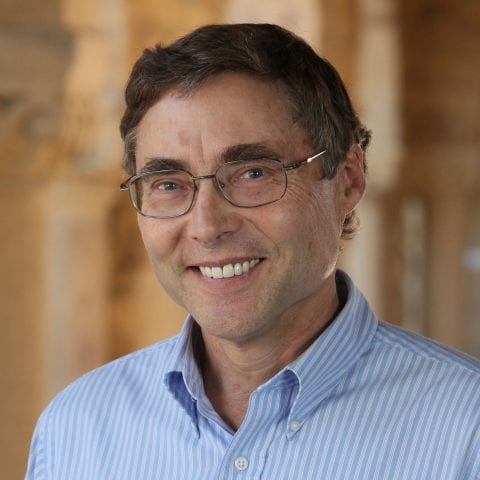Carl Wieman

Sept. 25-29, 2023
SCHEDULE OF EVENTS
“Teaching Students to Think like Physicists”
General Physics Colloquium
Monday, Sept. 25, at 4:00pm
201 Schwartz Auditorium, Rockefeller Hall
Open to all.
Abstract: I will discuss the two educational challenges that many physicists must confront if the field is to continue to thrive. First, how can we best train advanced students to become skilled physicists, and second, how can we effectively introduce the broad population of introductory students to the joys and value of physicist thinking. My group’s studies of expert problem-solving by scientists has provided insights for how to achieve both these goals. We have identified a set of 29 specific decisions that frame the process by which successful physicists and other scientists solve authentic problems in their fields. I will present how to provide practice and feedback in making these decisions to develop advanced students into skilled physicists. I will also discuss how structuring an introductory college physics course around solving real-world problems following a template based on a subset of these problem-solving decisions allowed more students to succeed, regardless of their prior physics background.
“Teaching & Learning Science in the 21st Century”
An A.D. White Professors-at-Large keynote public event
Tuesday, Sept. 26, at 4:00pm
201 Schwartz Auditorium, Rockefeller Hall
Open to all.
Abstract: Guided by experimental tests of theory and practice, science and engineering have advanced rapidly in the past 500 years. Education in these subjects, however, guided primarily by tradition and dogma, has remained largely medieval. Recent research on how people learn, combined with careful experiments in university classrooms, is now revealing much more effective ways to teach and evaluate learning than is currently used in most classes. I will discuss these results, what they tell us about principles of learning, and their effective implementation in science courses. This research is setting the stage for a new approach to teaching that can provide the relevant and effective science education for all students that is needed for the 21st century. It also shows better ways to evaluate teaching quality, and it reveals that traditional attitudes about learning and the introductory science curriculum can be inadvertently sustaining systemic discrimination.
All events are cosponsored by the Dept. of Physics.
Peter LePage (Professor Emeritus, Dept. of Physics) serves as faculty host.

